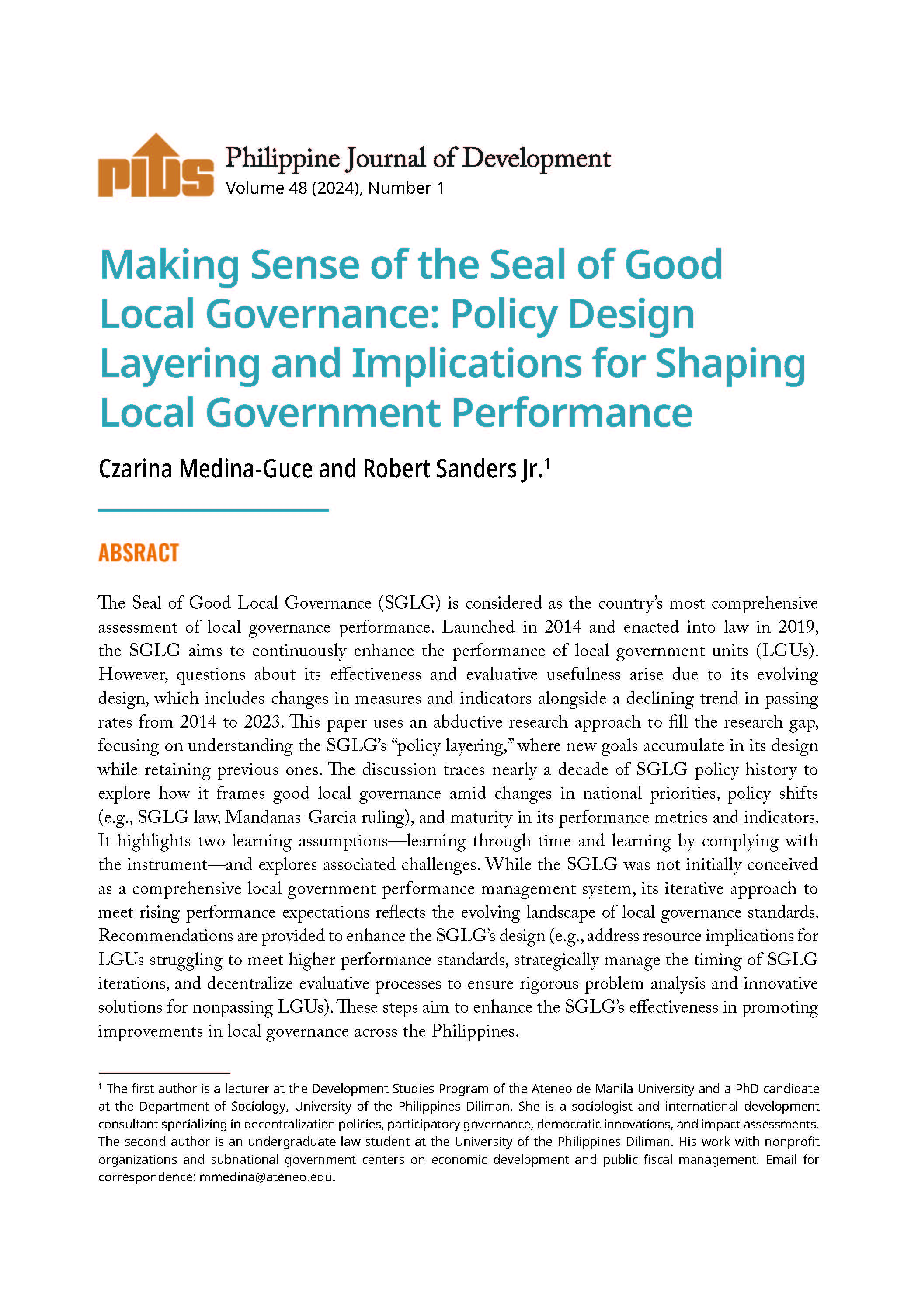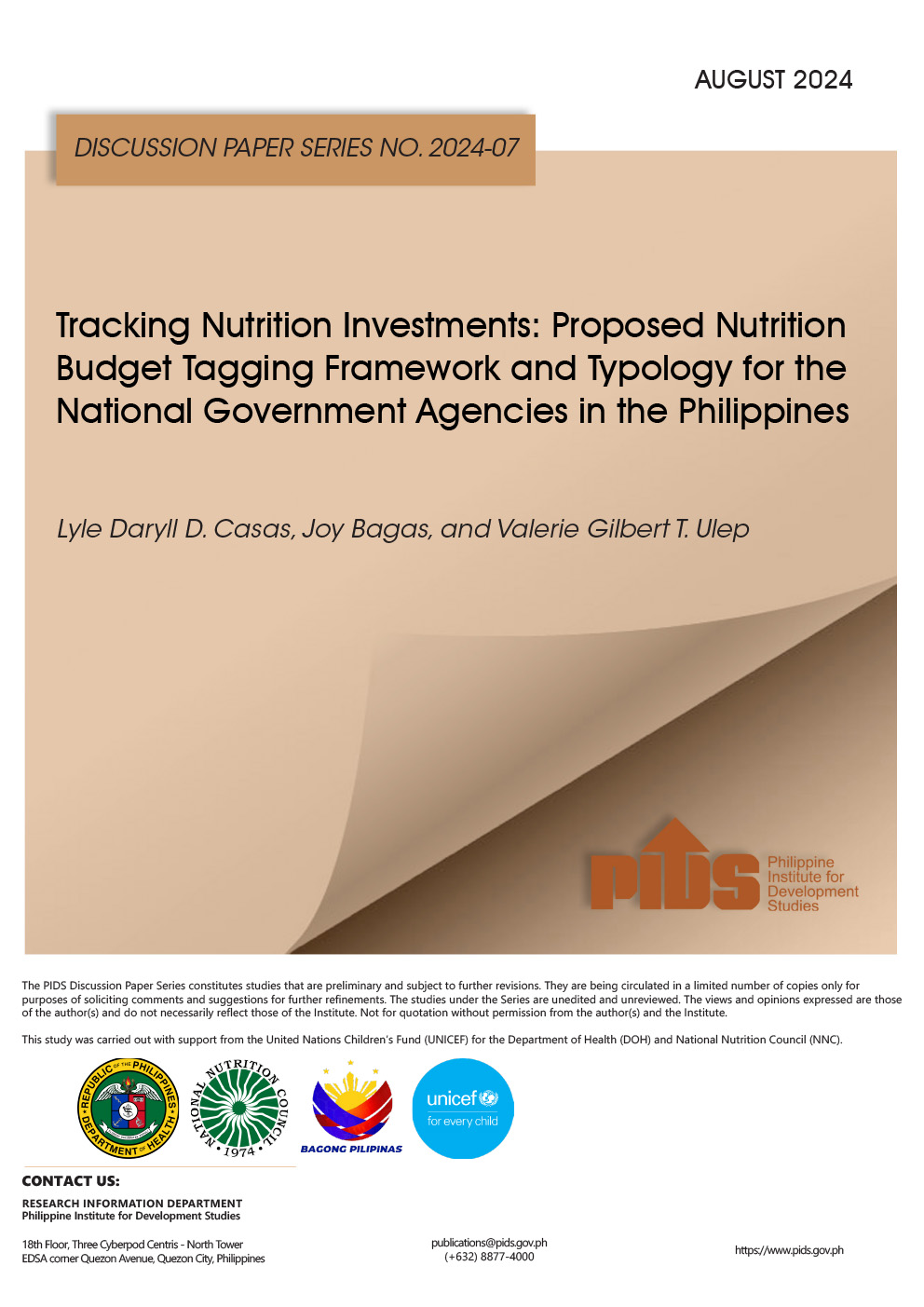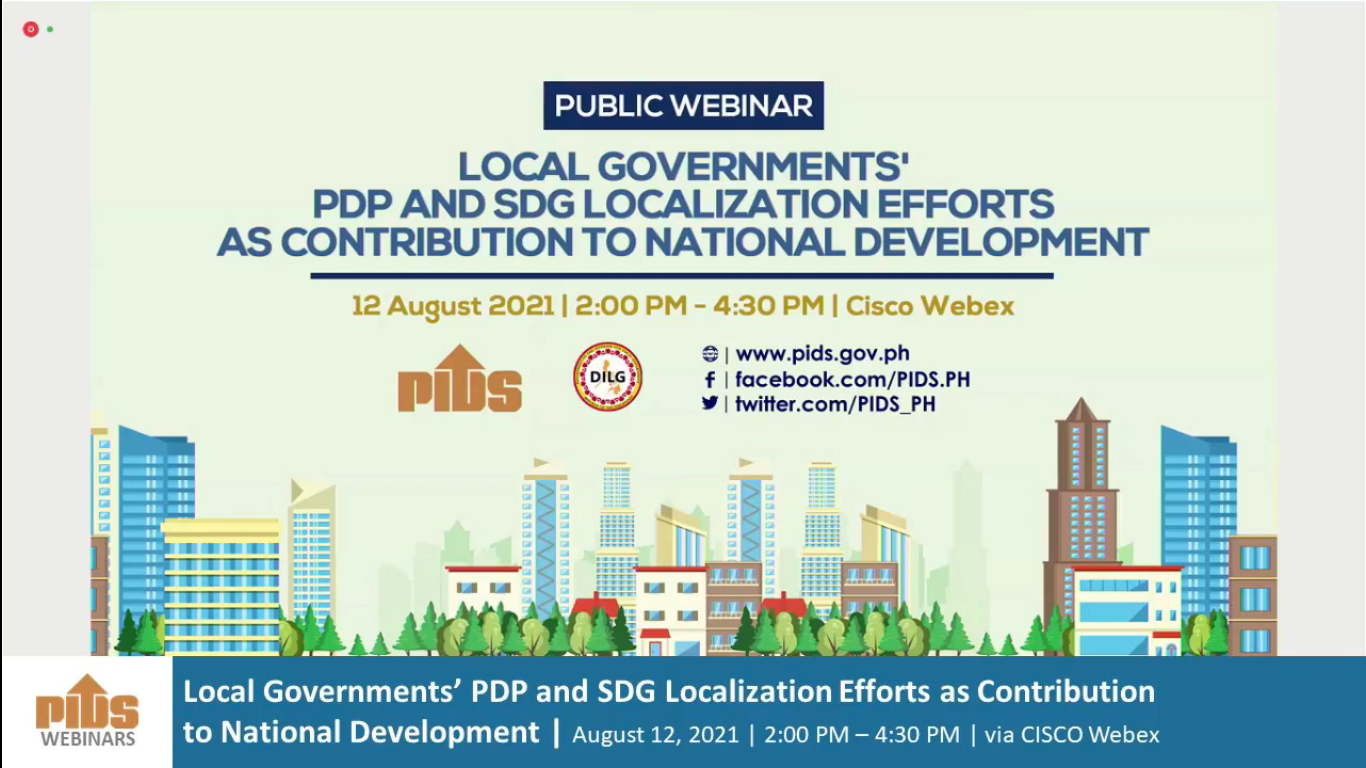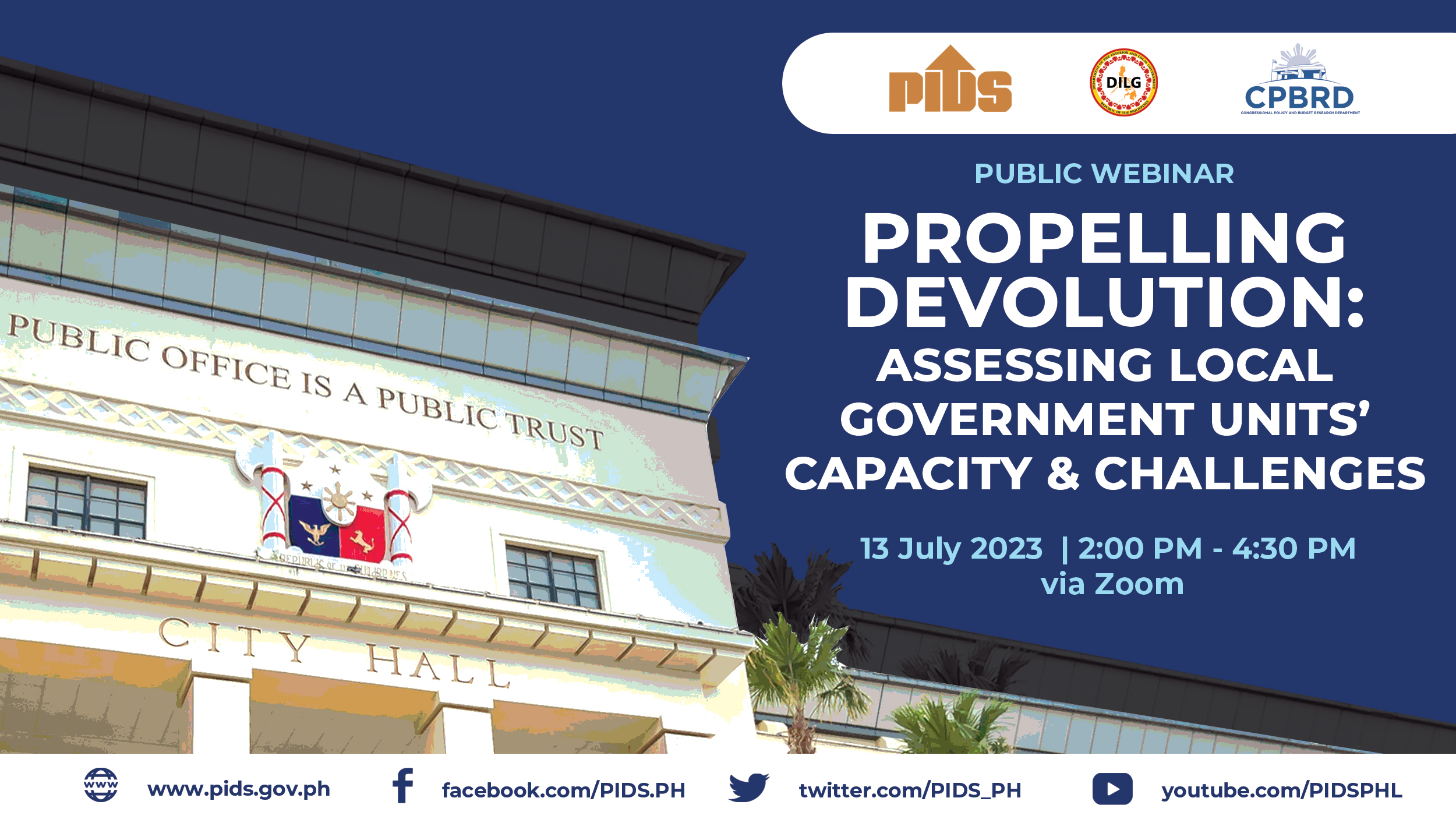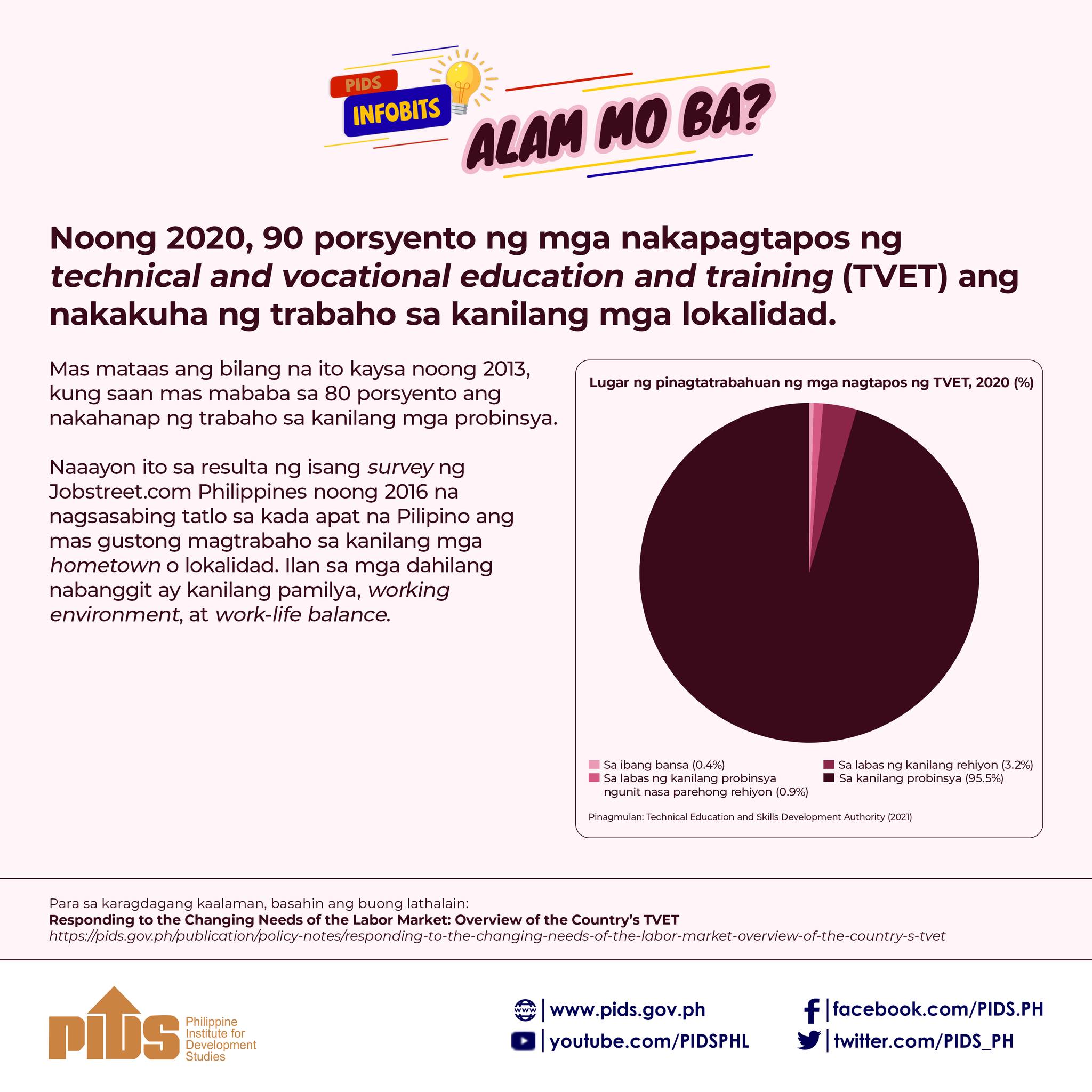MANILA –To further strengthen local government units (LGUs), Senator Juan Edgardo Angara recently called for meeting among key stakeholders and experts to conduct a comprehensive review of the Local Government Code.
The Local Government Code or Republic Act 7160 was signed into law in 1991 to decentralize governance and allow autonomy for local government units (LGUs).
Section 521 of the Code states that the Congress shall “undertake a mandatory review of this Code at least once every five years and as often as it may deem necessary, with the primary objective of providing a more responsive and accountable local government structure.”
Angara, chair of the Senate Committee on Local Government, said that more than 26 years have passed since Congress enacted the Code, describing its review as “long-overdue.”
“It is now imperative to institute reforms so it can truly fulfill its main objective which is to equally distribute growth in the country through autonomy grounded on decentralized and devolved public functions,” Angara said.
In its meeting last week, the committee has identified the Code’s key areas of reform namely devolved services, standards of creation of LGUs, revenue sharing and taxing powers, balance of power, term of office of local officials, and autonomous regions.
The Union of Local Authorities of the Philippines (ULAP), meanwhile, urged the Senate committee to prioritize the increase in the revenue share of LGU and simplify the formula for the computation of LGU share.
At present, 40 percent of the national internal revenue is allocated to LGUs. LGUs are also given taxing powers in order for them to generate more revenues.
However, Angara lamented that more than half, or up to 62 percent, of economic activity in the country is still concentrated in NCR (36 percent), CALABARZON (17 percent), and Central Luzon (9 percent), while the rest of the country accounts for the remainder.
He described the figures as a “grossly unequal economy.”
The Philippine Institute for Development Studies proposed the creation of the equalization fund to help the poorer LGUs.
Angara’s committee is set to complete the review within a six-month period to come up with reforms.
The Local Government Code or Republic Act 7160 was signed into law in 1991 to decentralize governance and allow autonomy for local government units (LGUs).
Section 521 of the Code states that the Congress shall “undertake a mandatory review of this Code at least once every five years and as often as it may deem necessary, with the primary objective of providing a more responsive and accountable local government structure.”
Angara, chair of the Senate Committee on Local Government, said that more than 26 years have passed since Congress enacted the Code, describing its review as “long-overdue.”
“It is now imperative to institute reforms so it can truly fulfill its main objective which is to equally distribute growth in the country through autonomy grounded on decentralized and devolved public functions,” Angara said.
In its meeting last week, the committee has identified the Code’s key areas of reform namely devolved services, standards of creation of LGUs, revenue sharing and taxing powers, balance of power, term of office of local officials, and autonomous regions.
The Union of Local Authorities of the Philippines (ULAP), meanwhile, urged the Senate committee to prioritize the increase in the revenue share of LGU and simplify the formula for the computation of LGU share.
At present, 40 percent of the national internal revenue is allocated to LGUs. LGUs are also given taxing powers in order for them to generate more revenues.
However, Angara lamented that more than half, or up to 62 percent, of economic activity in the country is still concentrated in NCR (36 percent), CALABARZON (17 percent), and Central Luzon (9 percent), while the rest of the country accounts for the remainder.
He described the figures as a “grossly unequal economy.”
The Philippine Institute for Development Studies proposed the creation of the equalization fund to help the poorer LGUs.
Angara’s committee is set to complete the review within a six-month period to come up with reforms.

